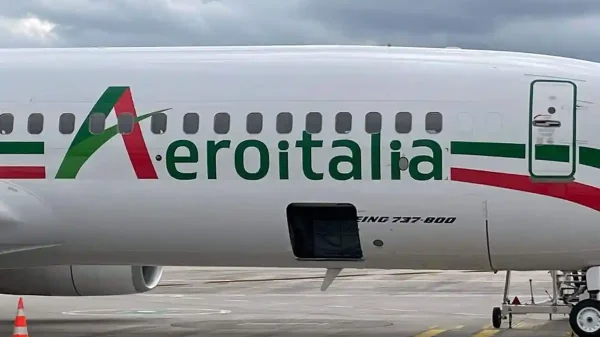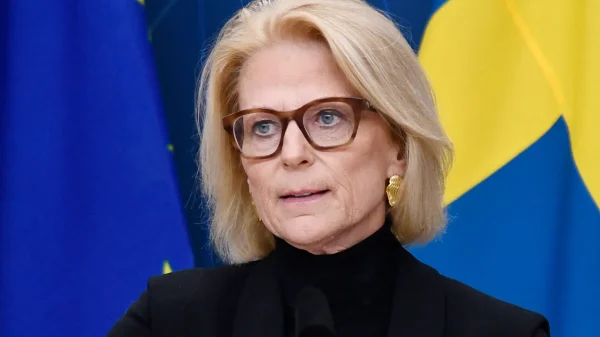The European Parliament today adopted its report on the Driving Licence Directive, agreeing on key reforms that will eliminate crucial barriers discouraging entry into the driving profession.
Setting the pace for the trilogue negotiations with the Council and Commission, the European Parliament’s plenary today adopted its position on the Driving Licence Directive, offering a considerable step forward in eliminating the age barriers facing young drivers as well as facilitating the integration of third-country drivers into the EU.
IRU EU Director of Advocacy Raluca Marian said, “The European Parliament took a major step today towards eliminating key barriers preventing young EU citizens from joining the profession and third-country drivers from complementing the local talent pool. The EU road transport industry needs both local drivers and third-country professionals to overcome the chronic shortage of drivers. We are already missing over 500,000 professional drivers.”
“Our focus first and foremost is to attract more local talent, including young people and women. But given the scale of driver shortages, coupled with the fact that many drivers are nearing the age of retirement, we need to complement the local talent pool with third-country drivers,” she added.
Major reforms for attracting young truck drivers
In what is shaping to become a major reform for the trucking sector, the plenary supported the implementation of an EU accompanied driving scheme enabling 17-year-old truck drivers (categories C and C1) to safely gain practical driving experience and familiarise themselves with the profession alongside an experienced driver.
“The word ‘accompanied’ is crucial when looking at the proposed text in the driving licence revision. A 17-year-old driving a truck under the supervision of an experienced truck driver sitting next to them in the cabin is a form of extended on-the-job training. This will go a long way in closing the school-to-wheel gap. We are happy to see the Parliament has accurately understood that,” said Raluca Marian.
The Parliament has also clarified that the minimum driving age for both national and international truck operations is 18 years old in the EU.
Major reforms for attracting young bus and coach drivers
Similarly, the Parliament has confirmed that 21 years old is the minimum age for professional bus and coach drivers.
The Parliament has also introduced the possibility for Member States to remove the arbitrary 50-kilometre limit for 19-year-old professional bus and coach drivers to transport passengers within their national territory.
“Today’s European Parliament report can be considered as a success for collective passenger transport, which is under significant pressure due to the shortage of drivers that grew by 54% from 2021 to 2022,” said Raluca Marian.
“We are losing too many young European professional bus and coach driver candidates due to these legal barriers. We can already see the worrying consequences of this: less than 3% of bus and coach drivers are under 25. This trend will only further worsen in the coming years if no concrete action is taken,” she added.
Third-country drivers
In line with the European Parliament’s Transport Committee, the Parliament recognised the need to extend the Commission’s proposal to develop an EU-framework for recognising third-country drivers’ licences and qualifications.
“The development of a harmonised and transparent EU-framework for recognising third-country professional drivers’ licences and qualifications is crucial. Third-country drivers should benefit from the same rights as European drivers. For this, it is necessary that their rights are recognised and respected across all Member States. We need third-country drivers to complement the local talent pool and fill the gap,” said Raluca Marian.
Both the Parliament and the Council have now adopted their positions on the Directive. The trilogue negotiations are expected to conclude under the next legislature.
“We hope the Parliament negotiators will convince their Council counterparts of their position’s pragmatism, which is supported by the road transport industry,” concluded Raluca Marian.
About IRU
IRU is the world road transport organisation, helping connect societies with safe, efficient and green mobility and logistics. As the voice of more than 3.5 million companies operating road and multimodal transport services in all global regions, IRU helps keep the world in motion. iru.org













































